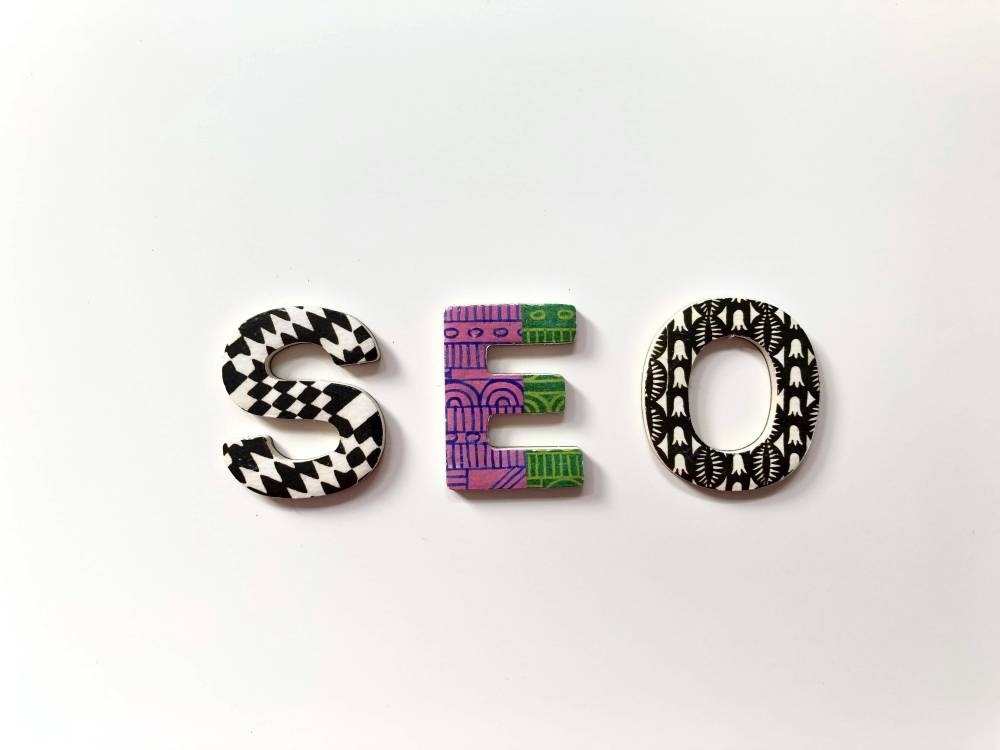In the current era where content holds significant importance in the online world, canonicalizations emerge as one of the crucial factors for search engines. In its simplest terms, the canonical tag is a label that determines which page among similar or identical content on your website takes precedence, particularly from an SEO (Search Engine Optimization) perspective. Looking at SEO, the canonical term plays a critical role in preventing duplicate content issues.
What is the Canonical Tag?
In the online realm, having unique and high-quality content enables websites to achieve better rankings on search engines. However, a multitude of pages containing similar or identical content can be perplexing for search engines. This is where the canonical tag comes into play.
The canonical tag allows web developers and site owners to specify the primary page among multiple URLs hosting similar content. Thanks to this tag, search engines can identify the original content and understand which URL should be prioritized during indexing. In essence, the canonical tag establishes a hierarchy among contents, aiding search engines in accurately ranking them.
Significance of Canonical Tag in SEO
The canonical tag holds significant importance in preventing content repetition and enhancing SEO performance on websites. The use of this tag enables search engines to comprehend when multiple pages on a website share the same content, specifying which URL should be considered the primary content. The importance of the canonical tag in SEO can be summarized in several key points:
Combatting Duplicate Content: Search engines reward unique content. By using the canonical tag, one can avoid the negative impacts of duplicated content and ensure that only the targeted URL is indexed.
Preserving Link Value: The link value scattered across different URLs is consolidated on the targeted page using the canonical tag. This helps the valuable page in terms of SEO to achieve a higher ranking.
Efficient Use of Crawl Budget: Search engines allocate a specific budget when crawling websites. The canonical tag allows search engines to efficiently utilize this budget by only crawling important pages.
How to Use the Canonical Tag?
Effectively using the canonical tag is crucial for improving the SEO performance of your website. So, how is this tag used?
Determine the Correct Page: The first step is to identify the “main” or “preferred” page among different versions of your content. This ensures that search engines clearly understand which page you want to be indexed.
Add the Canonical Tag: Place an HTML line in the <head> section of the preferred page to insert the canonical tag.
Use in Duplicate Pages: If your content has multiple versions, use the canonical tag on each with the preferred URL. This ensures that search engines only index the preferred content.
Effects of Incorrect Canonical Usage on SEO
Incorrect use of the canonical tag is a common issue in the digital marketing world. While these tags are meant to identify repeated content and inform search engines of the original page, their misuse can have negative effects on SEO performance, such as:
Loss of Traffic: Assigning a canonical tag to the wrong URL can lead to search engines not indexing that page, resulting in a loss of traffic for the website.
Drop in Rankings: Improper use of canonical tags can lead to search engines misunderstanding which content is significant. This may result in the rise of incorrect page rankings or a decline in the ranking of the original content.
Duplicate Content Issues: If the canonical link points to the wrong page, search engines may detect duplicate content issues, negatively impacting SEO.
In conclusion, understanding and correctly implementing canonical tags are essential for maintaining a website’s SEO health and ensuring optimal performance in the competitive online landscape.





